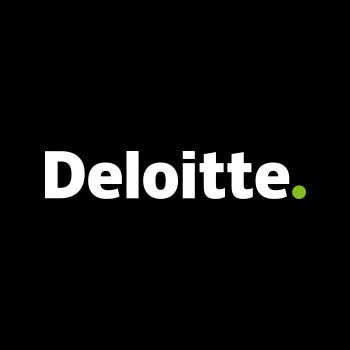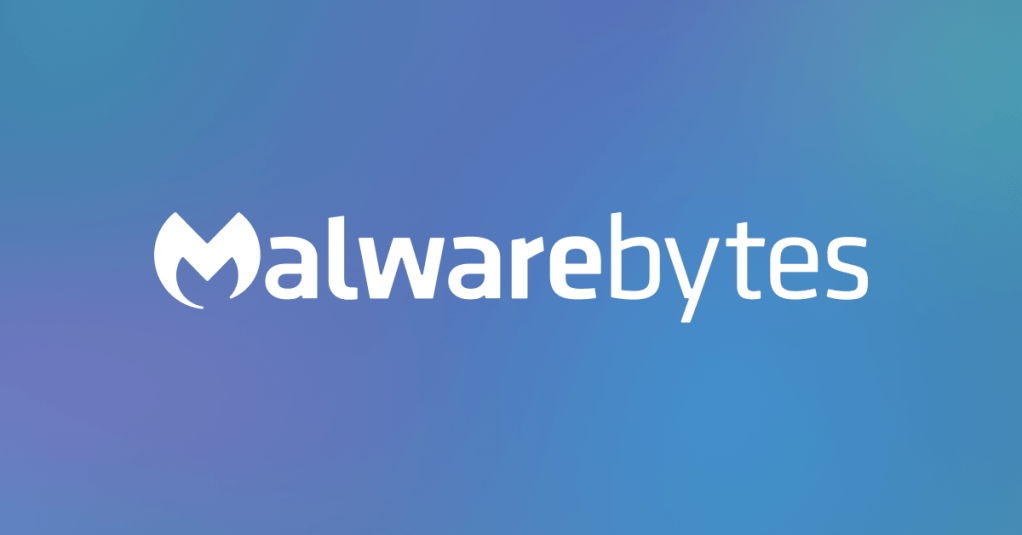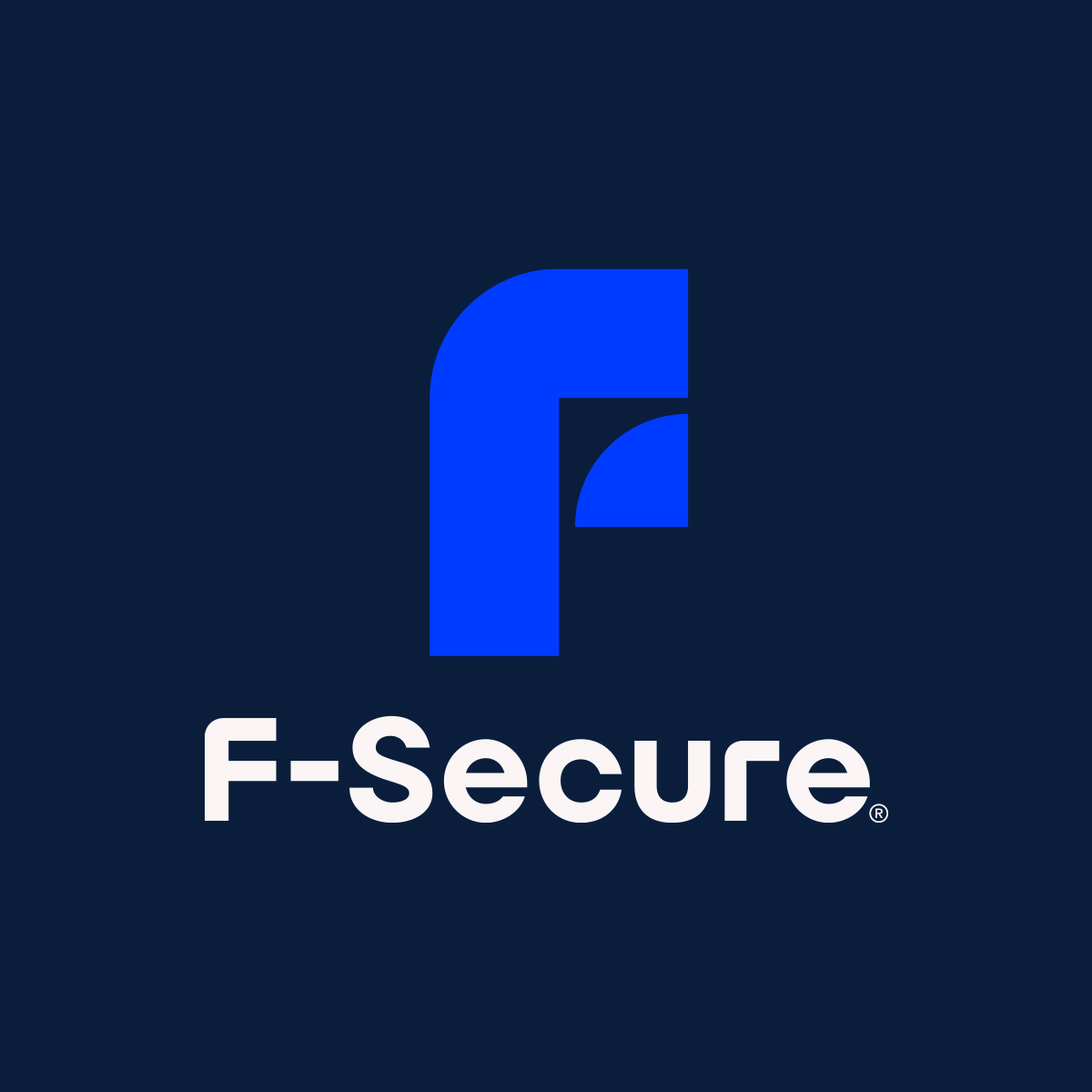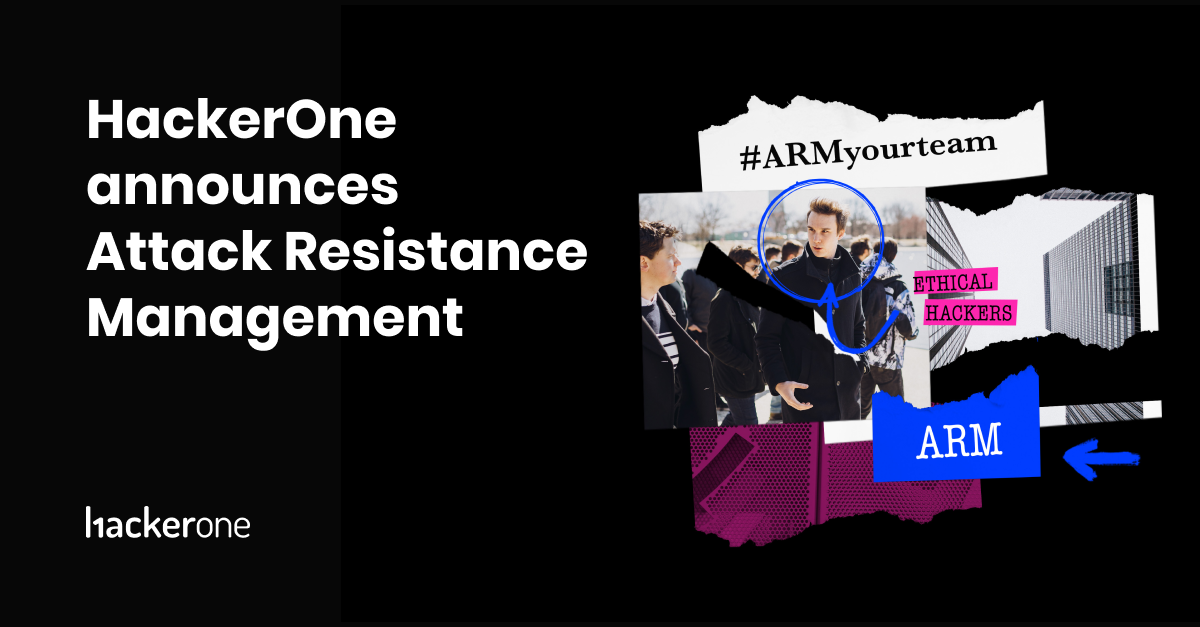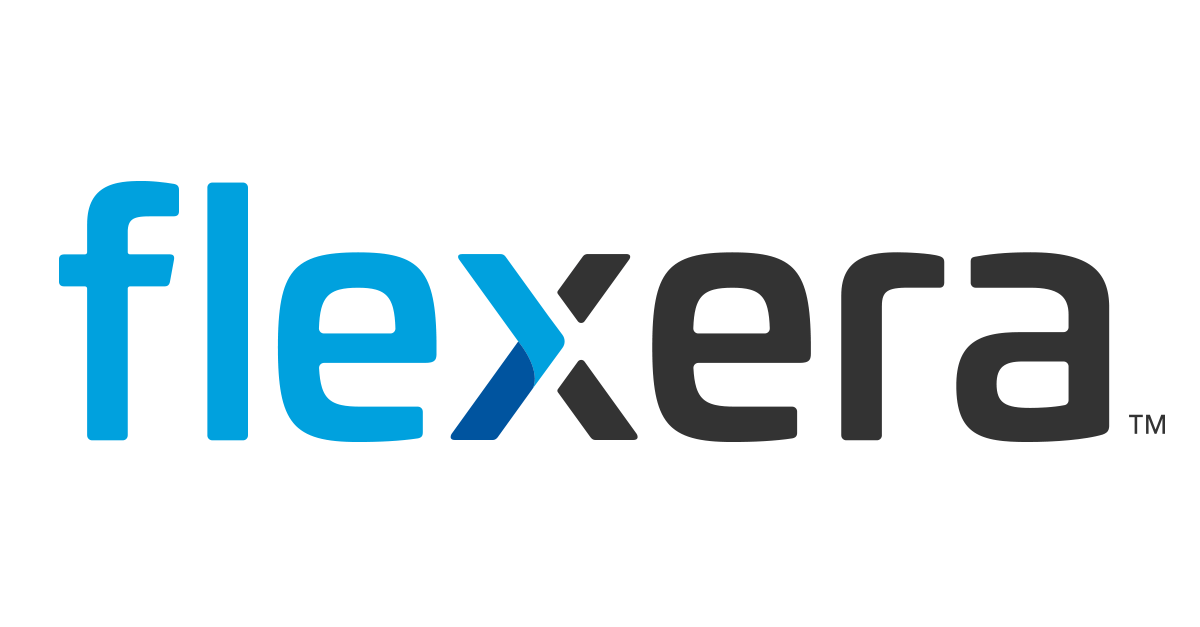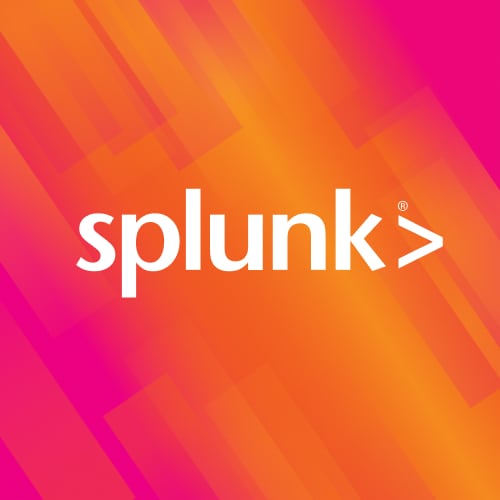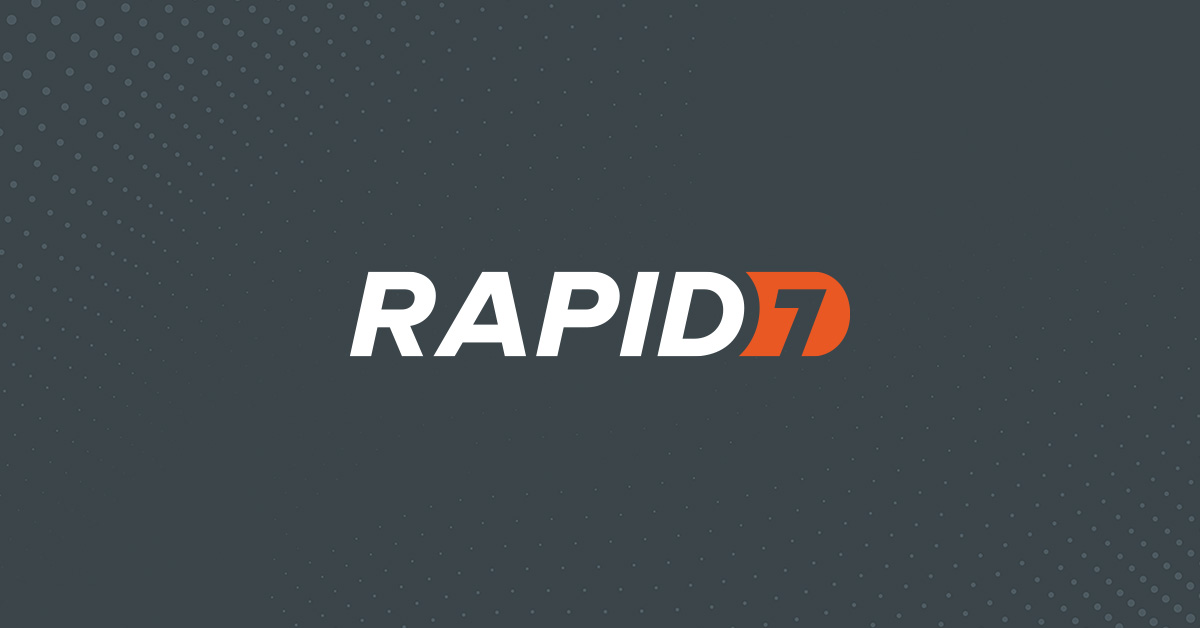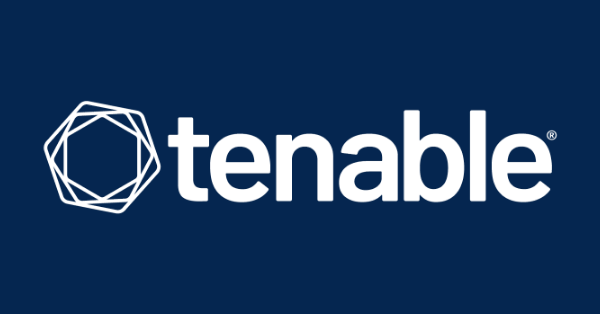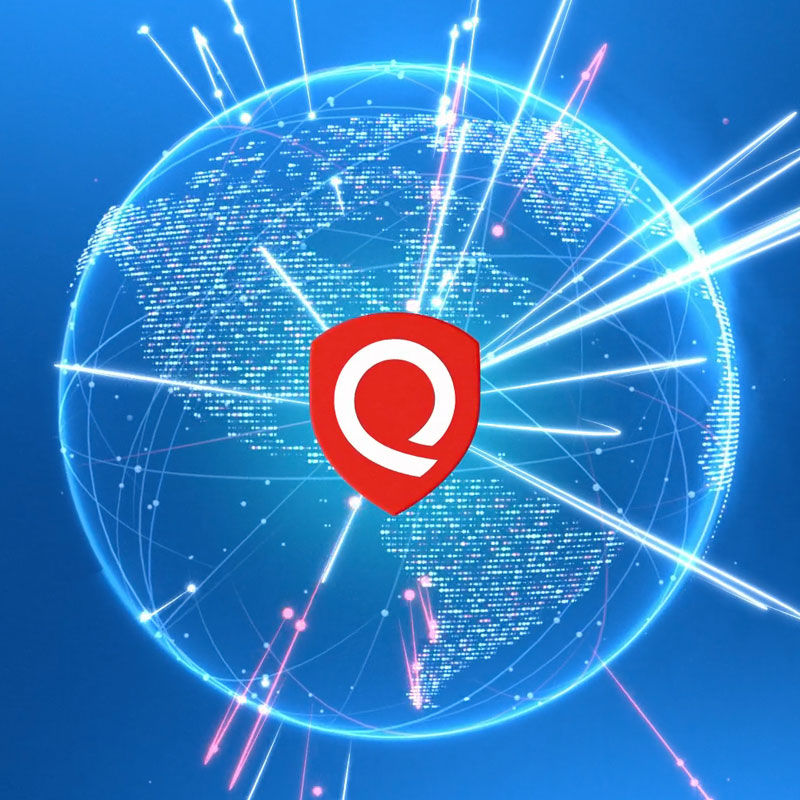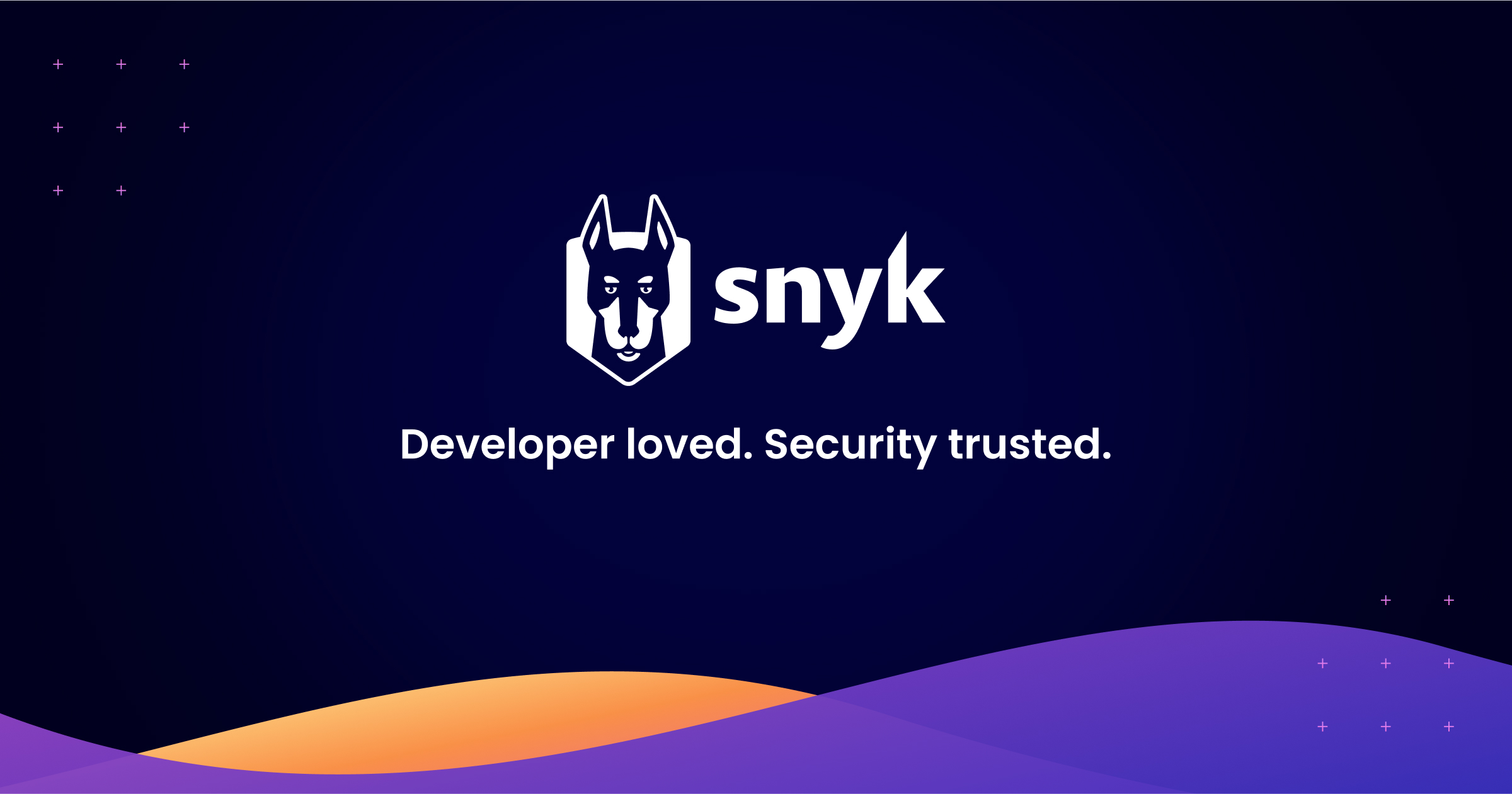Introduction
As cyberattacks grow in frequency and sophistication, effectively managing vulnerabilities has become critical for business resilience and continuity. However, with so many options available, choosing the right vulnerability management solution can be tricky. This guide analyzes and compares 15 of the leading offerings based on key criteria to help you make an informed decision.
Methods of Evaluation
We evaluated each solution based on features, pricing, support and reputation. Additional factors like number of integrations, coverage across assets, and ease of use were also considered. While traditional criteria like features and pricing are important, we also looked at each vendor’s online presence through metrics like backlinks, social following and search volume to gauge overall reputation in the industry.
1. Cloudflare Cloudscan
Cloudflare Cloudscan is a vulnerability management platform built by Cloudflare, one of the largest internet security companies. Cloudscan takes a unique approach by leveraging Cloudflare’s global network to continuously scan websites, APIs, and internal applications for vulnerabilities. This allows Cloudscan to deliver robust and frequent scans without requiring agents deployed on every host.
Pros: Key advantages of Cloudflare Cloudscan include:
– Leverages Cloudflare’s huge network effect for robust and frequent scans
– Delivers scan insights and vulnerabilities via API for easy integration into development workflows and CI/CD pipelines
– Combines static, dynamic, and interactive application security testing into one platform
Cons: One potential disadvantage is that without agents installed on internal environments, Cloudscan may have limited visibility into vulnerabilities that are not exposed publicly over the internet.
Pricing: Cloudflare Cloudscan has three main pricing tiers: Free, Pro, and Enterprise. Pricing is based on number of internet properties scanned and support/feature options. The Free tier allows scanning of up to 10 internet properties.
Some key stats about Cloudflare Cloudscan include:
– Scans over 5 million internet properties daily
– Has scanned over 250 billion assets since starting Vulnerability Discovery and Monitoring in 2020
– Integrates SAST, DAST, and IAST scanning capabilities into a single platform
2. Deloitte
Deloitte has decades of experience helping enterprises manage risk and ensure compliance. As one of the Big Four professional services networks, Deloitte can draw on a global team of over 300,000 professionals including 3,000 dedicated cybersecurity experts. They provide consulting and managed services to help organizations assess security posture, develop strategies, and implement technologies and processes.
Pros: Key advantages of working with Deloitte for cybersecurity include:
– Access to a global network of elite cybersecurity talent and expertese
– Holistic approach to security involving strategy, operations, technology and people
– Proven track record of success transforming security programs at large enterprises
– Flexible consulting model to address any stage of the security maturity journey
Cons: Potential disadvantages include:
– Expense of working with a large professional services firm
– May lack specialized expertise for very niche security requirements
– Consulting engagements take time to implement comprehensive recommendations
Pricing: Pricing varies depending on the scope and scale of services required. Since Deloitte is a consulting firm, engagements are typically quoted on a time and materials basis starting at around $500 per hour for senior security consultants. Larger managed services agreements have annual recurring fees ranging from $500,000 to over $10 million.
Some key stats about Deloitte’s cybersecurity capabilities include:
– Over 3,000 cybersecurity professionals globally
– Services in more than 150 countries worldwide
– Over 45 cybersecurity centers of excellence
– Security operations centers monitoring 24/7
– Provides vulnerability and risk assessments, incident response, and compliance assistance
3. McAfee
McAfee is one of the leading cybersecurity companies offering vulnerability management solutions. Founded in 1987, McAfee helps organizations manage cyber risks and protect assets from threats through its all-in-one security platform. The McAfee Vulnerability Manager solution provides automated asset discovery, risk and vulnerability assessments across hybrid networks.
Pros: Some key advantages of McAfee Vulnerability Manager include:
– Asset discovery and vulnerability assessment
– Compliance and policy management
– Strong risk management capabilities
– Integration with McAfee’s endpoint and network security products for automated remediation
Cons: One potential disadvantage is that the pricing may be relatively high for some small to medium-sized businesses compared to open source vulnerability scanning tools.
Pricing: McAfee Vulnerability Manager pricing is based on the number of assets under management. It has three main tiers – Essentials for up to 10,000 assets, Professional for up to 50,000 assets, and Enterprise starting at over 50,000 assets. Contact McAfee sales for an exact quote customized to your environment and requirements.
Some key stats about McAfee Vulnerability Manager include:
– Discovers and monitors over 1 billion assets globally
– Assesses vulnerabilities for over 70,000 unique applications and operating systems
– Provides visibility into vulnerabilities for both on-premise and cloud-based assets
4. KPMG
KPMG offers vulnerability management through its Cyber Defense Center, providing comprehensive scanning and remediation capabilities. As a founding member of KPMG International, clients benefit from access to over 200,000 IT risk, controls and cybersecurity professionals in 155 countries.
Pros: Key advantages of KPMG’s vulnerability management include:
– Global network of IT risk and cybersecurity professionals provides deep expertise and rapid response capabilities anywhere in the world
– Assessments, strategies and managed services from professionals experienced in multiple frameworks, standards and regulations
– Integrated scanning and remediation tracking enables efficient vulnerability lifecycle management
Cons: Potential disadvantages could include higher pricing compared to some point solutions due to costs of global operations and professional services included.
Pricing: Pricing is customized based on the size and complexity of the environment as well as any additional services required. Quotes can be obtained directly from KPMG by contacting their sales team.
Key stats about KPMG’s vulnerability management solution include:
– Over 30 years of experience in cybersecurity consulting and incident response
– Serves over 85% of the Fortune 500
– Has teams co-located in major global commercial and financial hubs
5. Malwarebytes
Malwarebytes is a cybersecurity software company known for its namesake malware removal tool. Founded in 2008, Malwarebytes has grown to offer a comprehensive security platform that protects home and business users from a wide range of digital threats like malware, ransomware, and exploitative websites. In addition to anti-malware and anti-exploit capabilities, Malwarebytes provides browser protection, privacy tools, and vulnerability scanning.
Pros: Key advantages of Malwarebytes include: – Behavior-based anti-malware solution that catches new and unknown threats – Proactive blocking of threats in real-time before damage can occur – Lightweight agent that optimizes system performance without slowing down devices
Cons: The main potential disadvantage is that Malwarebytes protection is primarily focused on known and unknown malware, rather than vulnerabilities. It does not provide in-depth network scanning or asset inventory capabilities found in some vulnerability management platforms.
Pricing: Malwarebytes pricing includes: – Home & Home Office annual subscription starts at $40 per year – Business Premium annual subscription starts at $99 per year for 3-users – Pricing scales based on number of endpoints and subscription term (1, 2, or 3 years)
Some key facts about Malwarebytes include: – Over 100 million endpoints protected worldwide – Recently surpassed $400 million in total funding – Continuously blocks over 1 billion threats per month – Often recommended by consumer advocacy organizations like Consumer Reports
6. F-Secure Radar
F-Secure Radar is a vulnerability management solution developed by cyber security company F-Secure. F-Secure Radar allows organizations to discover vulnerabilities, prioritize remediation and prove compliance. It provides vulnerability scanning, inventory management and compliance reporting capabilities.
Pros: Key advantages of F-Secure Radar include:
– Regular vulnerability testing that discovers vulnerabilities before attackers.
– Prioritized vulnerability and risk reporting to focus remediation efforts.
– Cloud, server and application integration for comprehensive visibility.
– Compliance reporting for regulations like NIST, ISO etc.
Cons: One potential disadvantage is that the pricing may not be suitable for very small businesses or individualconsumers on a tight budget.
Pricing: F-Secure Radar pricing is based on the number of IP addresses and starts from $2,850 per year for up to 500 IP addresses.
Some key stats about F-Secure Radar include:
– Scans over 2 million vulnerabilities daily across networks, servers, applications and cloud infrastructure.
– Supports scanning of over 150 different technologies including Windows, Linux, databases, web apps etc.
– Manages inventory of over 5 million IT assets for customers globally.
– Helps 95% of customers meet regulatory compliance like PCI, HIPAA etc.
7. Fortify SCA
Fortify SCA is a vulnerability management software developed by Micro Focus that helps organizations detect and prevent application security issues early in the development process. It performs static and dynamic analysis of applications to uncover security flaws, vulnerabilities and weaknesses.
Pros: Some key advantages of Fortify SCA include:
– Static and dynamic application security testing to detect a wide range of issues.
– Supports a wide range of languages and frameworks so it can analyze most applications.
– Integrates into the development lifecycle to help developers build more secure code from the start.
Cons: One potential disadvantage is that static and dynamic analysis may not detect all vulnerabilities and weaknesses in complex applications. Manual source code reviews are still needed to catch certain types of issues.
Pricing: Fortify SCA pricing starts at $3,500 per developer per year for the basic license. Additional licenses, support, and professional services are priced separately. Volume discounts are available for enterprise agreements.
Some key stats about Fortify SCA include:
– Supports over 20 programming languages and frameworks including Java, .NET, PHP, Python and more.
– Analyzes over 1 billion lines of code daily for customers.
-Has identified over 5 million security vulnerabilities for customers to date.
8. HackerOne
HackerOne is one of the leading vulnerability management and bug bounty platform provider. Founded in 2012, HackerOne operates the largest marketplace for coordinated vulnerability disclosure, helping organizations find and fix critical vulnerabilities before they can be exploited. Some key facts about HackerOne include that it hosts over 4,000 security programs, has paid hackers over $150M for finding and reporting vulnerabilities, and has helped resolve over 500,000 security issues.
Pros: Some of the key advantages of HackerOne include:
– Crowdsources ethical hacking at a large scale through its global hacker community
– Supports both bug bounty and vulnerability disclosure programs (VDP)
– Provides a standardized workflow and guidelines for finding and reporting vulnerabilities
– Integrates with other security tools like GitHub, Jira, Slack for collaboration
Cons: One potential disadvantage is that it relies on the hacker community to find vulnerabilities, so coverage depends on the interest of hackers participating in programs.
Pricing: HackerOne offers different pricing plans depending on the needs of the organization. Plans start from $5,000 per month for the basic Community plan and go up to custom enterprise plans priced based on program size and features required. All plans offer support from security experts to setup and manage the program.
Some key stats about HackerOne include:
– Hosts over 4,000 security programs
– Has paid hackers over $150M for finding and reporting vulnerabilities
– Has helped resolve over 500,000 security issues
– Has the largest community of over 100,000 hackers
9. Flexera Airlock
Flexera Airlock is a vulnerability management software created by Flexera. Flexera Airlock helps organizations identify, prioritize and remediate vulnerabilities in applications before attackers can exploit them. It protects web and mobile applications from known exploits and vulnerabilities.
Pros: Some key advantages of Flexera Airlock include: It includes a web application firewall for runtime protection against known exploits. It prevents known exploits by hackers against scanned flaws and vulnerabilities. It has a wide ecosystem of integrations that allows for flexibility in implementation.
Cons: A potential disadvantage is that Airlock’s pricing can be higher than some open source or freemium vulnerability scanning alternatives depending on business needs and budget.
Pricing: Flexera Airlock pricing is based on number of applications scanned and resources protected. Contact Flexera sales for an exact quote tailored to business needs.
Some key stats about Flexera Airlock include: It scans over 35,000 vulnerability definitions, supports over 600 different technologies, and has identified and helped fix over 5 billion vulnerabilities for customers.
10. Splunk
Splunk is an IT infrastructure monitoring and security analytics platform. It provides log management, incident response, web monitoring, and vulnerability management capabilities. Splunk helps enterprises gain visibility into their IT infrastructure, detect threats, ensure compliance, and streamline IT operations.
Pros: Some key advantages of Splunk include:
– Log and event management platform that centralizes data from different sources
– Integrates vulnerability scans and hosts findings to provide visibility into vulnerabilities across environments
– Wide range of configurations, dashboards and reports to customize monitoring and analysis
– Machine learning capabilities to detect anomalies and threats
Cons: One potential disadvantage is that Splunk requires investments in hardware, storage, and skilled resources for implementation and management. It may not be suitable for very small organizations with limited budgets.
Pricing: Splunk offers different pricing models depending on requirements including perpetual licenses and cloud subscriptions. Pricing is based on the volume of data indexed per day. It provides free trials and various pricing options for different use cases.
Some key stats about Splunk include:
– Used by more than 95,000 customers globally across all industries
– Over 15 PB of data under management on average
– Supports data sources from websites, applications, sensors, servers, cloud services and more
– Integrates with more than 500 partner applications
11. Rapid7
Rapid7 is an enterprise security company that delivers security analytics and automation to address cybersecurity threats. The company offers vulnerability management through its InsightVM product. InsightVM provides vulnerability detection and prioritization through regular scans to identify exposed vulnerabilities across applications, network devices, endpoints, and cloud infrastructure.
Pros: Some key advantages of InsightVM include:
– Comprehensive vulnerability detection across the entire attack surface including networks, endpoints, applications and clouds.
– Prioritizes vulnerabilities based on risk scores that factor in things like exploitability, impact to the organization. and relevance of the vulnerability to the environment.
– Integrations with security and IT tools like SIEMs, ticketing, and CMDB solutions to help automate workflows.
Cons: A potential disadvantage is that InsightVM is more geared towards larger enterprise organizations and may have more capabilities than needed for some small to medium-sized businesses.
Pricing: InsightVM pricing varies based on the number of assets under management. It has standalone licenses that can also be bundled with Rapid7’s security analytics platform for additional capabilities like SOAR, incident response, and threat intelligence.
Some key stats about InsightVM include:
– Continuously monitors over 30 million assets globally across networks, endpoints, applications and clouds.
– Identifies over 160,000 new vulnerabilities every day from over 50 integrated vulnerability and threat data sources.
– Reduces vulnerability remediation times by an average of 43% according to customer results.
12. Tenable
Tenable is a leading Cybersecurity Exposure Management Company that helps organizations understand and reduce cyber risk. Their flagship vulnerability management product, Tenable.io, is an industry-leading solution that provides comprehensive visibility into organizational assets. It continuously monitors for vulnerabilities across IT systems, cloud infrastructure, containers and more to help proactively identify and address security weaknesses.
Pros: Some key advantages of Tenable.io include:
– Industry-leading vulnerability management capabilities with robustdetection engines
– Continuous monitoring that automatically rescans assets daily to identify newly discovered vulnerabilities
– Comprehensive visibility and coverage of all organizational assets including networkedand non-networked devices as well as cloud infrastructure
Cons: One potential disadvantage is that the solution requires significant configuration and customization to fully realize its advanced capabilities. It has a steeper learning curve compared to some other vulnerability management options.
Pricing: Tenable.io pricing is based on the number of IP addresses being monitored. It offers flexible subscription plans starting at around $2,500/year for 500 IP addresses.
Some key stats about Tenable.io include:
– Scans over 1 trillion assets daily
– Manages vulnerabilities for over 30,000 customers globally
– Provides coverage for over 200 technologies including network devices, operating systems, databases, applications and more
13. Qualys
Qualys has established itself as a leader in vulnerability management with its Qualys VMDR solution. Qualys VMDR continuously scans internal and external assets for vulnerabilities and monitors for new vulnerabilities and exposures across IT systems, devices and web applications. It delivers vulnerability data, prioritized risk ratings and remediation guidance to help organizations make informed cybersecurity decisions.
Pros: Some key advantages of Qualys VMDR include:
– Continuous scanning for complete visibility of assets, vulnerabilities and risks
– Prioritized vulnerability data and risk ratings for focusing remediation efforts
– Automated remediation guidance and workflows to streamline vulnerability management
– Discovery and mapping of assets across hybrid environments for full IT visibility
Cons: One potential disadvantage is that Qualys VMDR is aimed more at enterprise organizations due to its comprehensive capabilities and scalability. It may be overkill for some smaller businesses with fewer IT assets.
Pricing: Qualys VMDR pricing is based on the number of IP addresses being scanned. There are different tiers depending on the number of IP addresses starting from as low as $1 per IP address.
Some key stats about Qualys VMDR include:
– Scans over 35,000 vulnerabilities and covers over 2,400 technologies
– Scans over 14,000,000 assets per month
– Provides vulnerability data to patch over 18 billion vulnerabilities
– Has over 10,000 subscription customers in over 130 countries
14. Snyk
Snyk is a leading security platform developed by Snyk Ltd. that helps developers find and fix vulnerabilities in open source dependencies and container images. Founded in 2015 and based in London, over 2 million developers, including companies like Google, Intuit, and GitHub use Snyk’s services.
Pros: Some key advantages of Snyk include:
– Finds vulnerabilities in open source code during development to fix them faster
– Integrates seamlessly into popular DevOps tools and pipelines like GitHub, Azure DevOps, GitLab etc.
– Provides developers security insights through its IDE plugins and CLI
– Automates fixing of vulnerabilities through pull requests
– Shifts security left through its automation capabilities
Cons: One potential disadvantage is that the free tier may have limited functionality for large scale projects or enterprises.
Pricing: Snyk offers three pricing tiers – Open Source, Team and Enterprise. Pricing starts from $0 for the open source version to $5/month per user for the Team plan and custom enterprise quotes for large deployments.
Some key stats about Snyk include:
– Scans over 250 million dependencies weekly
– Supports Node.js, Python, Ruby, PHP and.NET languages out of the box as well as Java, Golang and more through integrations
– Works across source code, containers and infrastructure as code
– Over 40,000 GitHub repositories depend on Snyk to find issues
– Raised over $700 million in funding
15. Zoho Vulnerability Management
Zoho Vulnerability Management is a vulnerability scanning and management solution developed by Zoho. It allows organizations to discover vulnerabilities, patch flaws and comply with industry standards like PCI DSS.
Pros: Some key advantages of Zoho Vulnerability Management include: Web-based vulnerability assessment that allows scanning from anywhere. Integration with patch and asset management solutions to help prioritize and remediate vulnerabilities. Detailed reports and dashboards for visibility into vulnerabilities, compliance and asset risk.
Cons: One potential disadvantage is that the pricing may be higher than some open source vulnerability scanning tools for very large deployments with thousands of assets.
Pricing: Zoho Vulnerability Management pricing starts from $1 per asset per month for up to 500 assets.
Some key stats about Zoho Vulnerability Management include: It can scan over 500 common vulnerabilities across networking devices, operating systems, web apps and databases. It has scanned over 1 million assets for more than 500 customers globally. The solution tracks over 15,000 Common Vulnerabilities and Exposures (CVEs).
Conclusion
While all the platforms highlighted are capable solutions, some may be better suited than others depending on your specific business needs, budget and security goals. We hope this analysis provides a good starting point for your evaluation process. Doing careful due diligence on the shortlisted options is advised before making a final selection.




